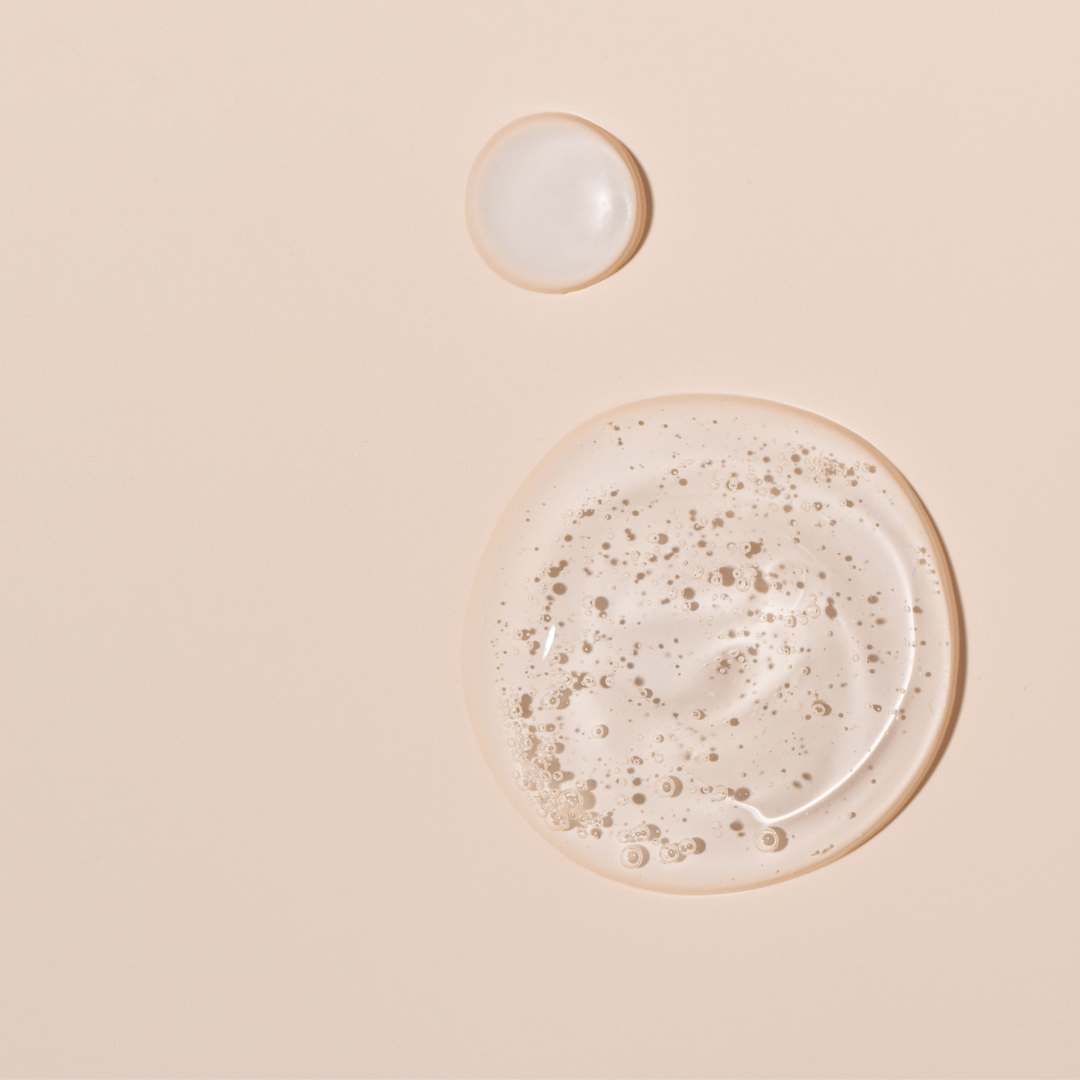In the realm of skincare, there's a perpetual stream of new ingredients or products vowing to transform our regimens and grant us impeccable skin. Niacinamide, an increasingly popular ingredient, boasts remarkable skin benefits for people of all ages and genders. This miraculous vitamin, also known as vitamin B3, pledges remarkable results. So, what exactly is niacinamide and more importantly, what does niacinamide do for the skin?
Understanding Niacinamide
Niacinamide, or nicotinamide, is a water-soluble compound renowned for its ability to enhance skin brightness, diminish inflammation, and support anti-aging properties. It is found in many foods including meat, fish, milk, eggs, green vegetables, and grains. However, it is not just good for your body when consumed through food; it also has numerous benefits when applied topically to the skin. This compound aids in the skin's protein synthesis while retaining moisture, effectively safeguarding against environmental damage.
Niacinamide with the natural substances in your skin to help visibly improve enlarged pores, uneven skin tone, fine lines and wrinkles, dullness, and a weakened surface. It is suitable for almost any skin type because of its incredibly versatile nature.
What are the significant benefits of niacinamide?
Now equipped with knowledge about niacinamide, let's explore its advantages for our skin.
Increased hydration
Studies have indicated that niacinamide elevates the production of ceramides, which act as the adhesive maintaining skin cohesion, along with other lipids in the skin. This supports fortifying the skin barrier function and preserving moisture, culminating in a more hydrated and supple look. These effects prove advantageous for all skin types, particularly beneficial for individuals with eczema or mature skin.
Brightening effect
Certain studies indicate that niacinamide concentrations of 5 percent can aid in brightening the skin and diminishing hyperpigmentation. These benefits were observed within four weeks but didn't persist beyond two months. The enhanced collagen production might contribute to this advantage. Moreover, it curtails melanin production, aiding in the fading of uneven skin tone and dark spots.
Reduces Redness and Blotchiness
Niacinamide lessens inflammation, potentially alleviating redness associated with eczema, acne, and various inflammatory skin conditions. By enhancing the epidermal barrier's efficacy, it enables better defense against environmental stressors such as pollutants and toxins. Enhancing this barrier function, niacinamide decreases moisture loss from the skin while augmenting its moisture levels. Consequently, this results in an overall enhancement in skin texture and a reduction in redness and unevenness.
Regulates Oil Production
Niacinamide proves especially advantageous for individuals with oily or acne-prone skin. It plays a key role in regulating oil production within the sebaceous glands, responsible for generating sebum, which hydrates the skin. By managing this oil production, niacinamide effectively diminishes the likelihood of acne and breakouts, including inflammatory types like papules and pustules. Its anti-inflammatory characteristics also contribute to soothing and calming irritated skin, rendering it a superb ingredient for those with sensitive or acne-prone skin.
Minimizes Pore Appearance
Niacinamide is recognized for its capacity to reduce the visibility of pores. Achieving this by enhancing skin elasticity and refining its texture, it leads to a smoother complexion and diminished pore prominence. Moreover, there might be an additional advantage: a gradual natural decrease in pore size over time.
Anti-aging results
Niacinamide contributes to boosting collagen synthesis, crucial for preserving skin elasticity and minimizing the visibility of fine lines and wrinkles. Additionally, it serves as a shield against environmental stressors like pollution and UV rays. By facilitating keratin production, a protein vital for skin firmness and health, niacinamide supports skin immunity. Research has indicated its efficacy in diminishing certain signs of sun damage associated with aging when used in suitable concentrations.
Protects Against Sun Damage
Niacinamide plays a versatile role in shielding the skin against the harmful effects of sun exposure. It not only actively aids in repairing healthy skin cells but also acts as a protective barrier, warding off potential damage caused by ultraviolet rays. By combating oxidative stress and promoting the growth of skin cells, it simultaneously strengthens them against environmental aggressors such as sunlight, pollution, and toxins. This compound significantly contributes to preserving and reinforcing the skin's vitality amid various external stressors. Its dual capacity to rejuvenate skin cells and act as a defense against harmful elements underscores its importance in promoting skin health and resilience.
These advantages explain why this ingredient is highly valued in the realm of skincare, and its widespread appreciation comes as no surprise!
How to Incorporate Niacinamide into Your Skincare Routine?
Now that we've delved into niacinamide's skin benefits, you might be curious about integrating it into your skincare regimen. Niacinamide features in various skincare products like serums, creams, and lotions, with a suggested minimum concentration of 5% for optimal efficacy. If you're considering adding niacinamide to your routine, consider incorporating a serum or moisturizer containing this ingredient.
When introducing niacinamide, a gradual approach is advisable. Initiate usage once a day, preferably during your nighttime regimen, leveraging the skin's repair mode. If your skin responds positively, consider elevating its application to twice daily. Additionally, prioritize products devoid of fragrances, parabens, and sulphates for a well-rounded skincare experience.
Incorporating niacinamide into your skincare routine is a breeze—simply locate excellent skincare products containing it and apply them in the following sequence:
- Cleansers
- Toners
- Exfoliants
- Serums
- Moisturisers
- Sunscreens - Finish with a broad-spectrum sunscreen rated SPF 30 or greater during the day.
When using serums and moisturizers, apply them in sequence based on their consistency, starting from the thinnest texture and progressing to the thickest.
What is the typical duration for niacinamide to show results?
Due to the wide range of skin types and daily habits, you'll typically start seeing major improvements in your skin's overall health after using niacinamide regularly for 2-8 weeks. Just remember to keep concentration below 5%. To maintain and enhance these results, it is essential to continue regular usage for ongoing improvement.
In Essence
Niacinamide emerges as an adaptable ingredient significantly contributing to enhancing skin health. Its multifaceted nature extends from diminishing redness and blotchiness to addressing fine lines and wrinkles. For those seeking to integrate niacinamide into their skincare regimen, selecting products boasting a minimum of 5% niacinamide content, devoid of fragrances, parabens, and sulphates, is paramount.
Although widely well-received, niacinamide's compatibility varies across individual skin types. Prioritize a patch test before introducing novel skincare items and lean on a dermatologist's expertise if uncertainties arise.
Thus, while navigating through the myriad options in skincare products, stumbling upon 'niacinamide' on labels equips you with a precise comprehension of its transformative effects on your skin's well-being.
Yours Truly, Milinda x
Read more on the benefits of Niacinamide for your skin: What Niacinamide can do for your skin

